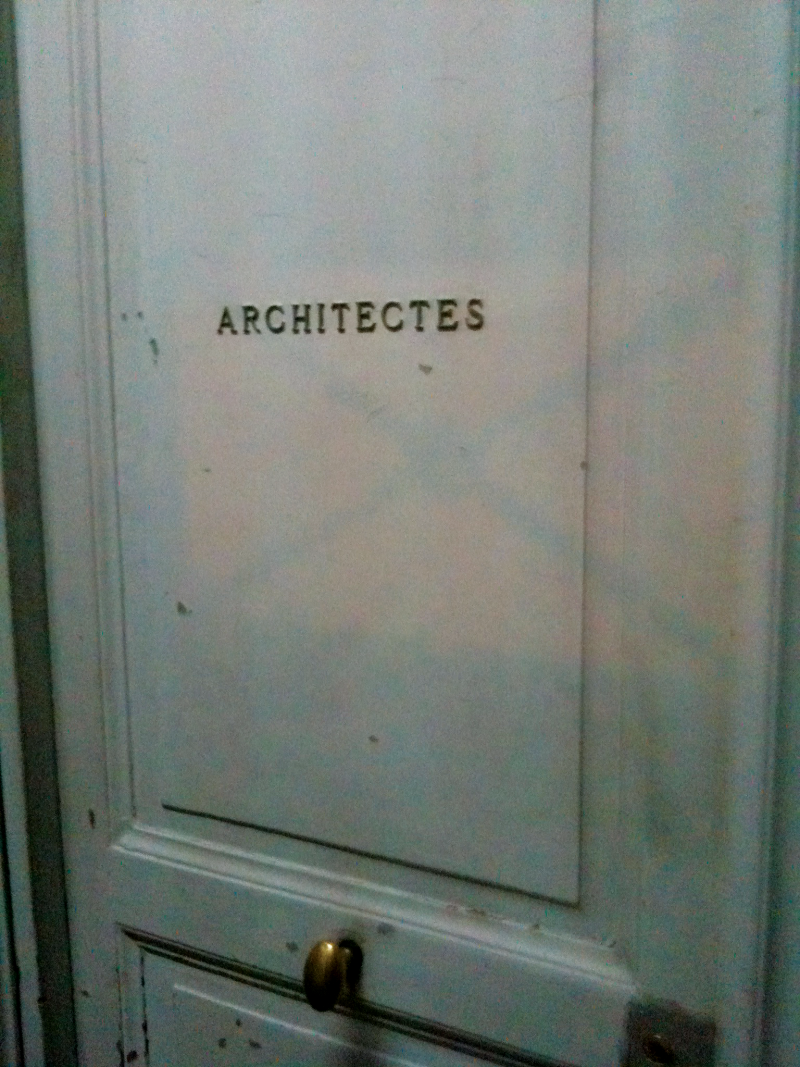Thirty years to the day after the death of Raymond Queneau, I am in an ornate reading room at the Bibliothèque de l’Arsenal, a massive eighteenth-century edifice hulking on Paris’s near–Left Bank behind a twisted metal sculpture that allegedly represents Arthur Rimbaud. Along with bookbinding curiosities, medieval manuscripts, and prison records from the Bastille, Arsenal’s holdings have recently grown to include the archives of a literary collective called the Oulipo—Ouvroir de Littérature Potentielle, or “Workshop for Potential Literature.” Tonight’s mini-gala is intended to commemorate not the opening of those archives to the public—they are still not consultable today, except by special permission and prolonged maneuvering through the Kafkaesque labyrinth of French library bureaucracy—but the idea of their at least being kept someplace august and official, rather than at the ninth-arrondissement apartment of Marcel Bénabou, the Oulipo’s definitively provisional and provisionally definitive secretary.
Besides the two dedicated champagne-pourers in the corner, everyone in the room is swirling around in varying states of hobnobbery: library undersecretaries, branch curators, and nearly all the living members of the Oulipo, about half of whom I am meeting for the first time. There is Bénabou, a former history professor with owly eyes; Paul Fournel, a diplomat and cyclist and the workshop’s current president; Jacques Roubaud, an endlessly venerated poet who still states his profession on paper as “mathematician (retired).” There is Anne Garréta, an unrepentant postmodernist who wears a leather bomber jacket; Hervé Le Tellier, a newspaper wit who is never on time for anything; Olivier Salon, a high-school math teacher who looks like a good-natured pirate or a twenty-second-century librarian, depending on whether he is wearing his glasses. There is François Caradec, a literary biographer whose eyebrows and mustache make him look like a well-dressed shih tzu; Paul Braffort, a computer scientist from before personal computers existed; Michelle Grangaud, who once published a book consisting entirely of anagrams made from the names of Parisian metro stations; and Jacques Jouet, who once spent fifteen and a half hours composing a poem by visiting every station in the Parisian metro system at least once, writing one line per stop. (He then did it again a few months later, with the route reversed.)
There is Paulette Perec, the widow of Georges Perec, author of La Disparition (A Void), a 311-page whodunit that recounts the disappearance of the letter e from the world—without ever using the letter e. Hearing about La Disparition in a French-lit survey course during my freshman year in college was my first exposure to the Oulipo, and its impact on me was immediate and visceral, not least because a year...
You have reached your article limit
Sign up for a digital subscription and continue reading all new issues, plus our entire archives, for just $1.50/month.
Already a subscriber? Sign in





